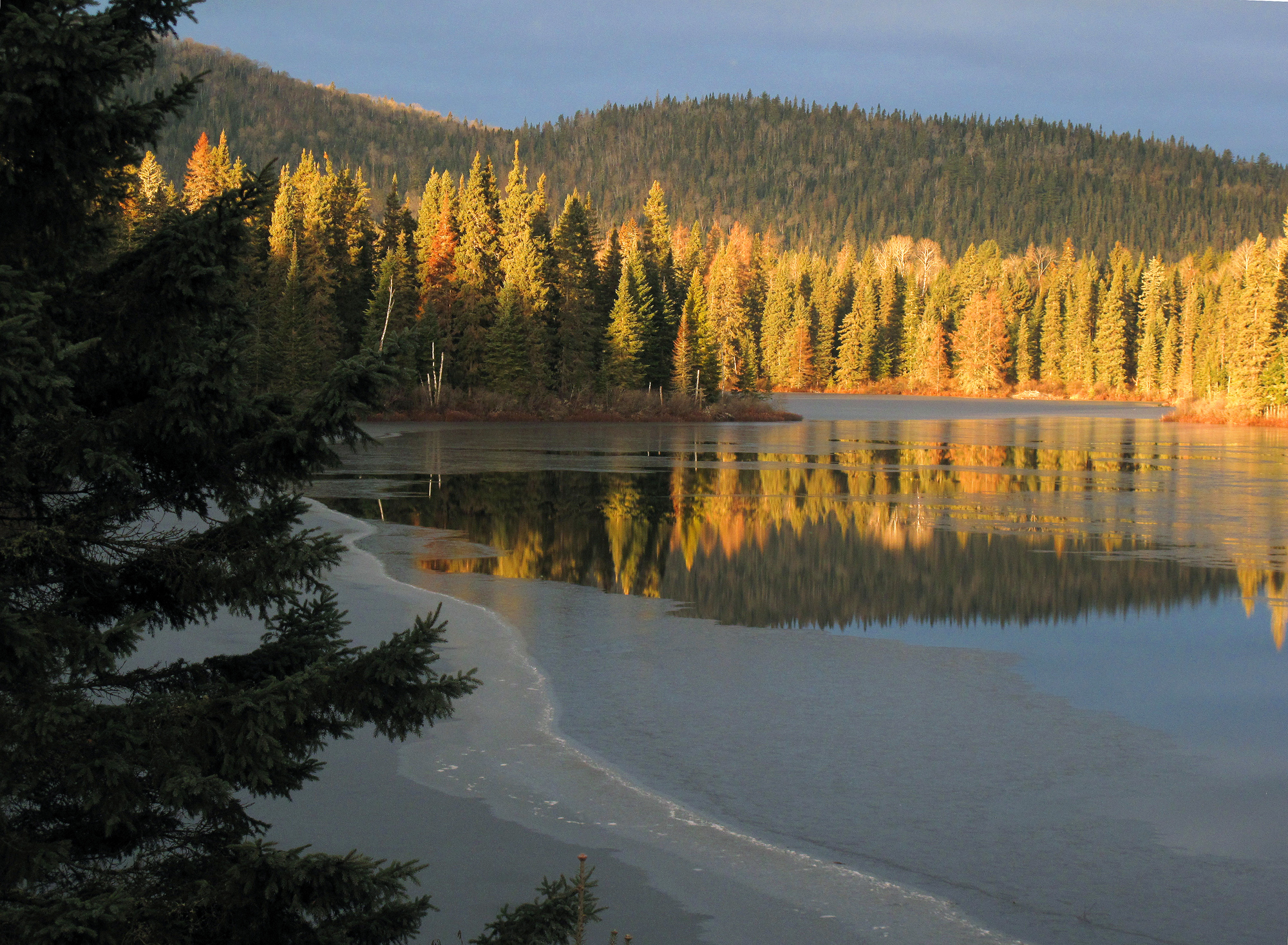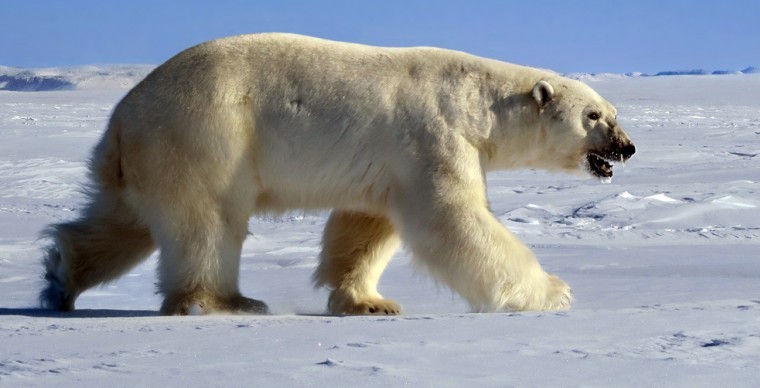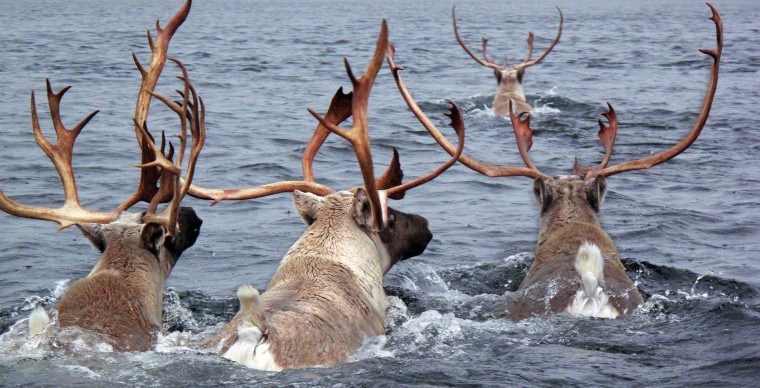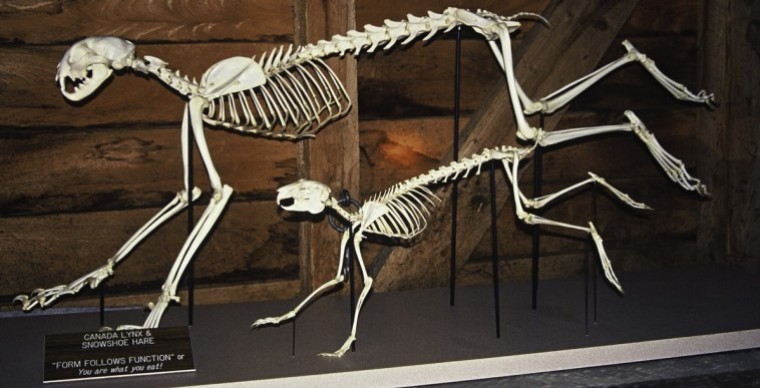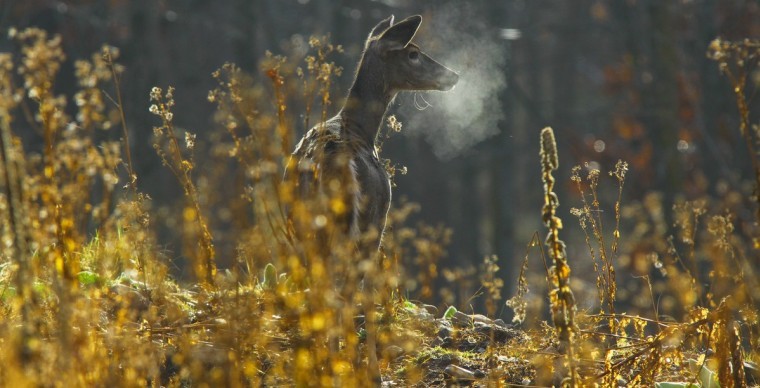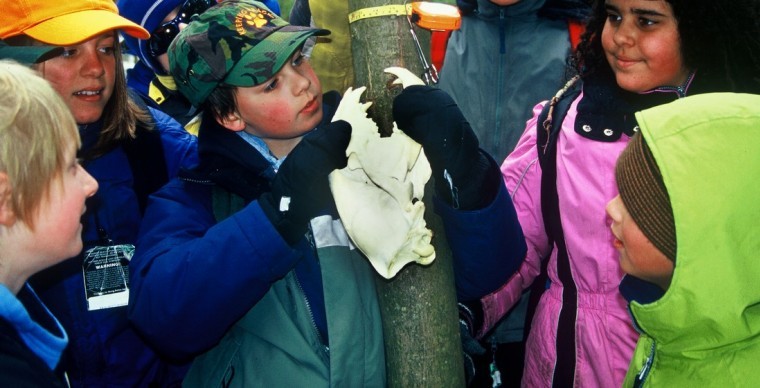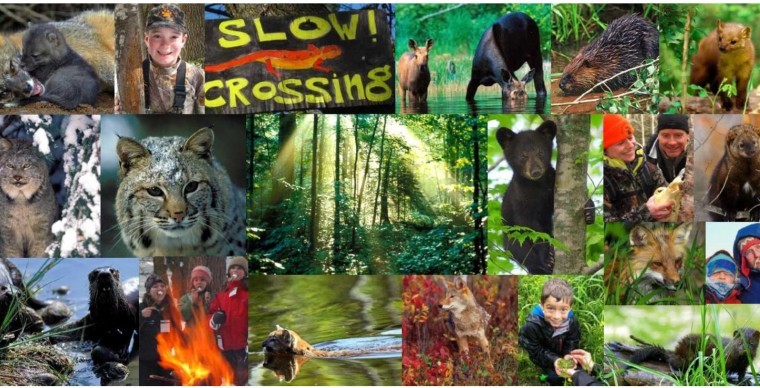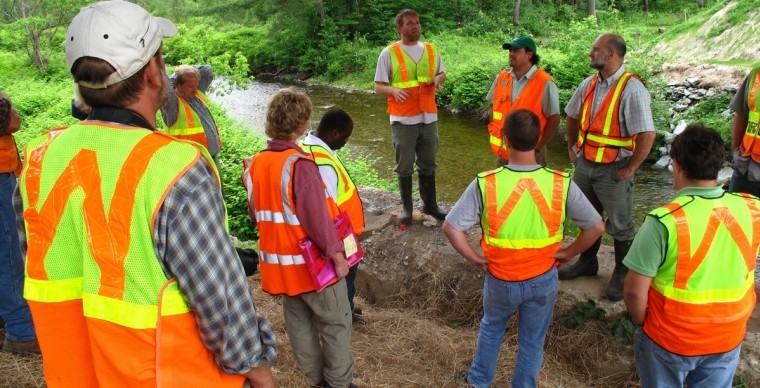Home Page
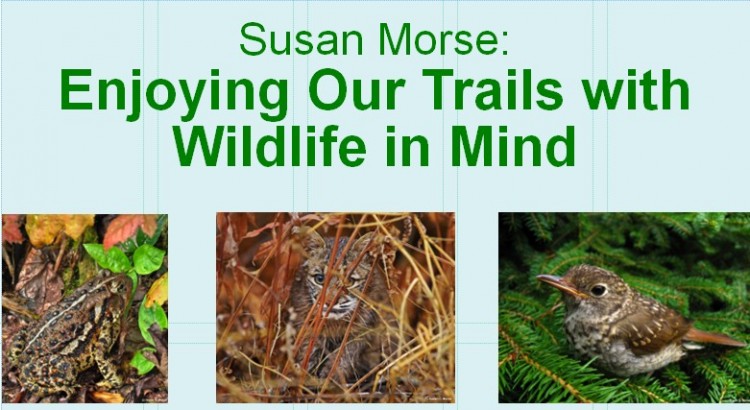
How Sensitive Habitats Can Survive Today's Recreation Boom
As more and more people seek outdoor fun and exercise, wildlife can be driven away from vital habitats and their roles in maintaining healthy ecosystems. In this informative and often entertaining video, Sue Morse describes what happens when we treat local forests more like playgrounds and gyms. As always, she illustrates her talk with first-hand stories and exceptional wildlife photography. Delivered live to an audience in Vermont, this topic has never been more timely for anyone wanting to maintain the health and integrity of their local forests. One viewer said, "Such an important and relevant topic to spotlight -- the need for recreation lovers to do their part to protect wild places." Enjoy it, pass it around, and please use our Contact Form to tell us what you think!

This nose knows how much you care about wildlife
Now is the time of year when black bears have their incredibly flexible noses sniffing out nuts, bugs and other high-calorie foods. They're trying to pack on the pounds they need to get themselves and their yet-to-be-born cubs through the long winter’s nap.
Meanwhile, at Keeping Track, we’re busy feeding people’s curiosity about wildlife and inspiring them to protect the rich, secure habitats animals everywhere need. As the year winds down, please help us continue our work into next year with a donation today. Thank you!
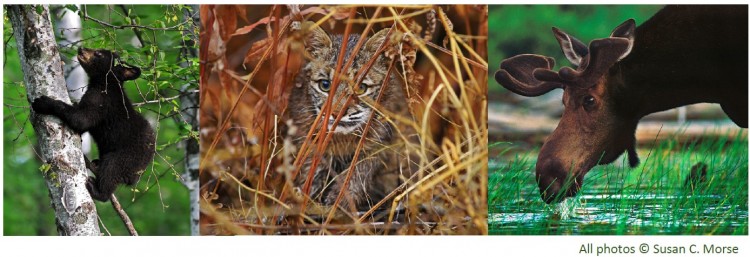
Now on YouTube: "Wild About Wild Habitat"
Sue's latest show about what makes certain landscapes critical to wildlife and biodiversity is now available for free on YouTube. It's packed with stories based on Sue's decades of research, all against a backdrop of her renowned photographs of area flora and fauna. You'll learn how even what appear to be highly developed areas can host rich and vital pockets of wildlife -- and how we can ensure their survival. And be sure to use the comment box to let us know what you think about the show! Many thanks to the host of this fun and fascinating event, Declan McCabe of St. Michael’s College Center for the Environment. Heaps of heartfelt appreciation as well to our co-sponsors -- Vermont Family Forests, The Watershed Center, and Lewis Creek Association.
